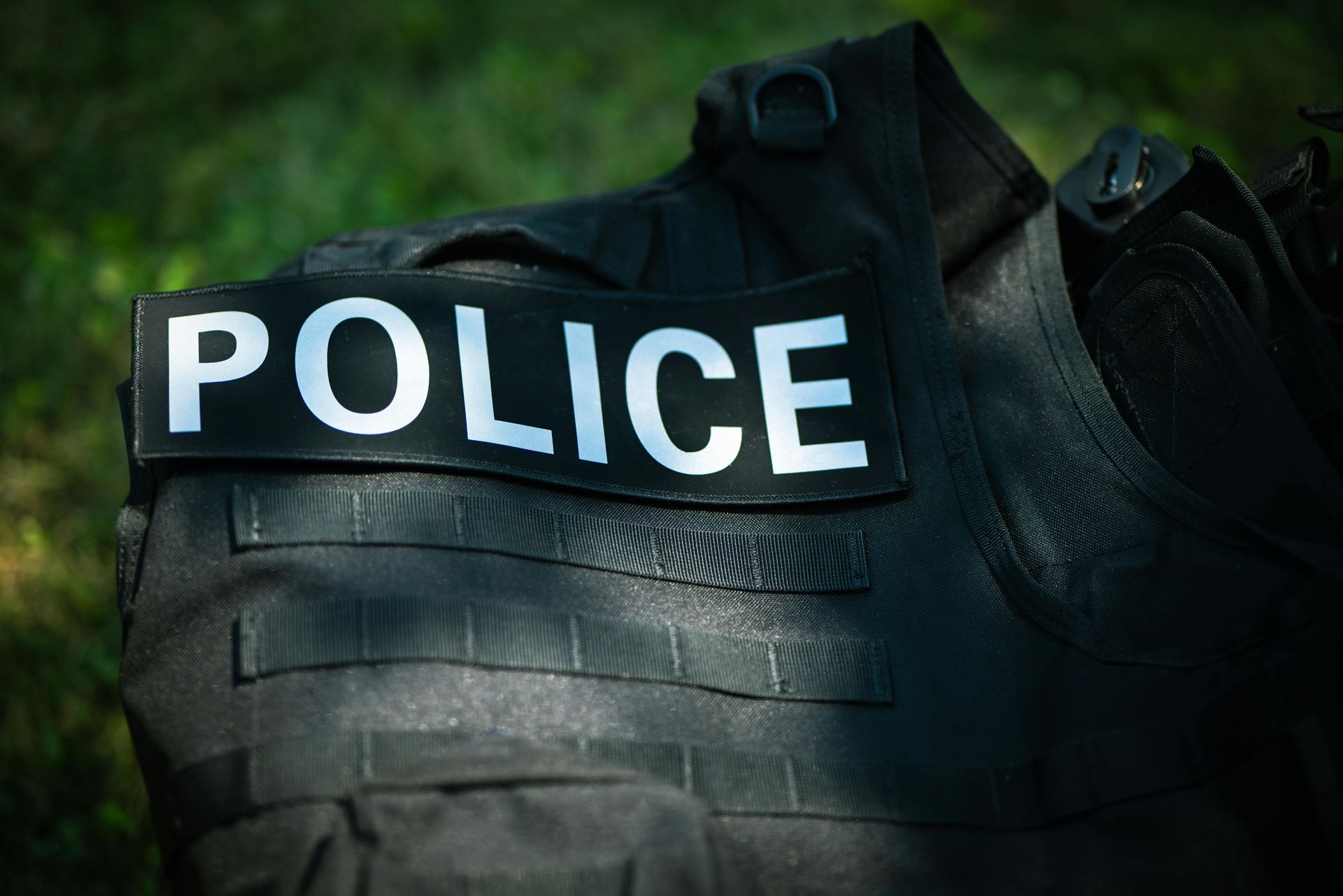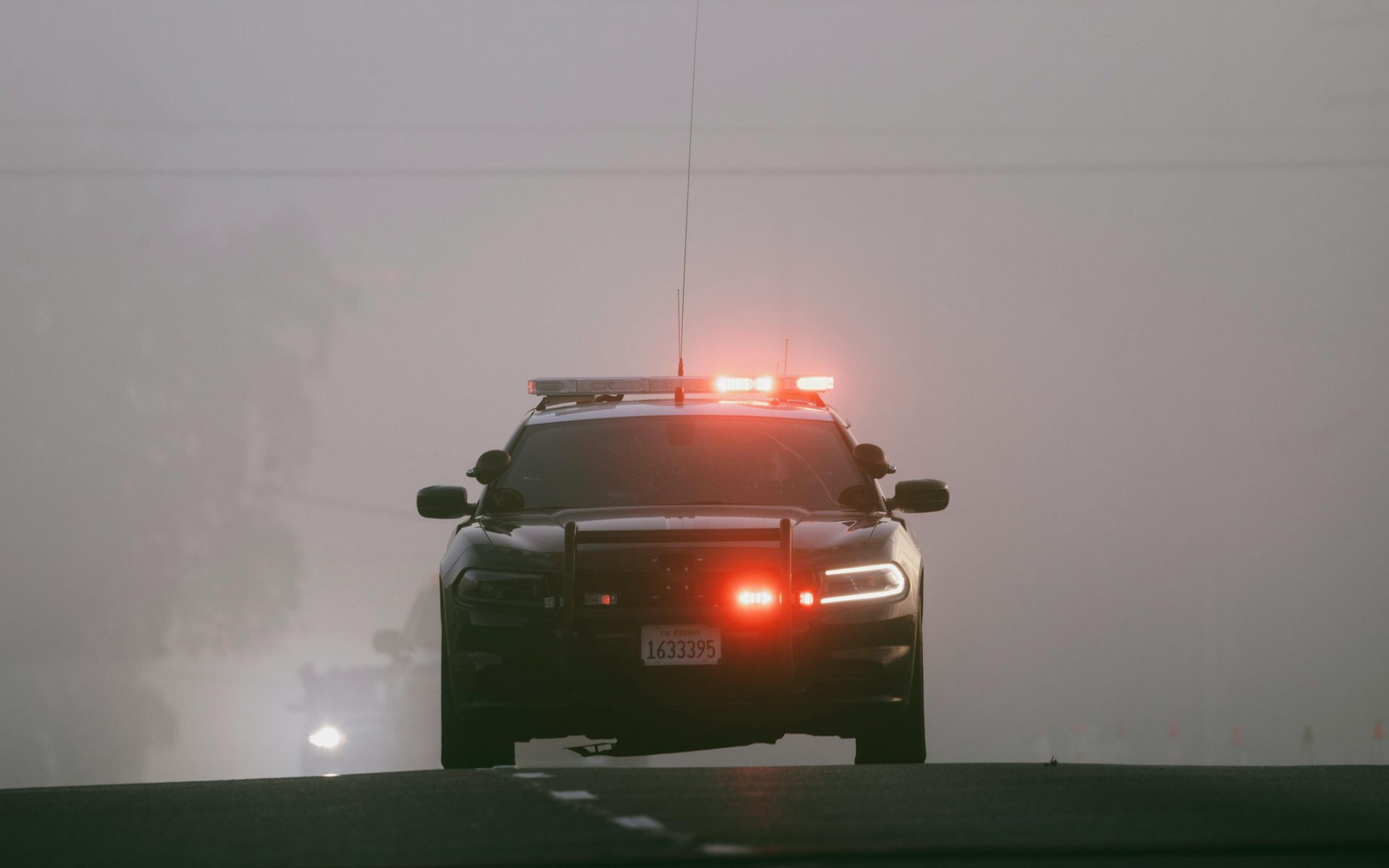Kari's Law Goes Federal
Federal Communications Commission • February 21, 2020
Requirements took effect on February 16, 2020

In August 2019, the Commission
adopted rules implementing two federal laws that strengthen emergency calling: Kari’s Law and Section 506 of RAY BAUM’S Act.
Kari’s Law – Direct Dialing and Notification for MLTS
Kari’s Law is named in honor of Kari Hunt, who was killed by her estranged husband in a motel room in Marshall, Texas in 2013. Ms. Hunt’s 9-year-old daughter tried to call 911 for help four times from the motel room phone, but the call never went through because she did not know that the motel’s phone system required dialing “9” for an outbound line before dialing 911.
Congress responded by enacting Kari’s Law in 2018. Kari’s Law requires direct 911 dialing and notification capabilities in multi-line telephone systems (MLTS), which are typically found in enterprises such as office buildings, campuses, and hotels. The statute provides that these requirements take effect on February 16, 2020, two years after the enactment date of Kari’s Law. In addition, Kari’s Law and the federal rules are forward-looking and apply only with respect to MLTS that are manufactured, imported, offered for first sale or lease, first sold or leased, or installed after February 16, 2020.
Under the statute and the Commission’s rules, MLTS manufacturers and vendors must pre-configure these systems to support direct dialing of 911—that is, to enable the user to dial 911 without having to dial any prefix or access code, such as the number 9. In addition, MLTS installers, managers, and operators must ensure that the systems support 911 direct dialing.
The Commission’s rules also implement the notification requirement of Kari’s Law, which is intended to facilitate building entry by first responders. When a 911 call is placed on a MLTS system, the system must be configured to notify a central location on-site or off-site where someone is likely to see or hear the notification. Examples of notification include conspicuous on-screen messages with audible alarms for security desk computers using a client application, text messages for smartphones, and email for administrators. Notification shall include, at a minimum, the following information:
The fact that a 911 call has been made;
- A valid callback number; and
- The information about the caller's location that the MLTS conveys to the public safety answering point (PSAP) with the caller to 911; provided, however, that the notification does not have to include a callback number or location information if it is technically infeasible to provide this information. (47 CFR § 9.3.)
Read the rest of the article here.

ETCOG announces that $3.1 million in grants from the Office of the Governor's (OOG) Public Safety Office have been awarded to East Texas jurisdictions and nonprofit organizations. These funds are aimed at enhancing public safety and supporting victims of crime. The program’s mission is to strengthen Texas communities by supporting initiatives that help victims recover and feel secure while also preventing crime through programs that: Prevent juvenile delinquency and support truancy prevention Provide services to victims of crime and address violence against women Support law enforcement and improve the criminal justice system Prevent child sex trafficking, bring justice to its perpetrators, and restore victims ETCOG's Public Safety Division assists jurisdictions in applying for these funds annually, and applications submitted for funding are ranked and scored by the ETCOG Criminal Justice Advisory Committee, which is comprised of local subject-matter experts from across the region. The following Victims of Crime Act, Justice Assistance, Violence Against Women Act, and Juvenile Assistance grants totaling $3,136,019.36 have been approved by the OOG for funding in East Texas: Victims of Crime Act Funds - $2,528,962.18 The Crime Victims Assistance Grant Program (VOCA) devotes resources to providing direct services to victims of crime to help them recover and navigate the justice system.




